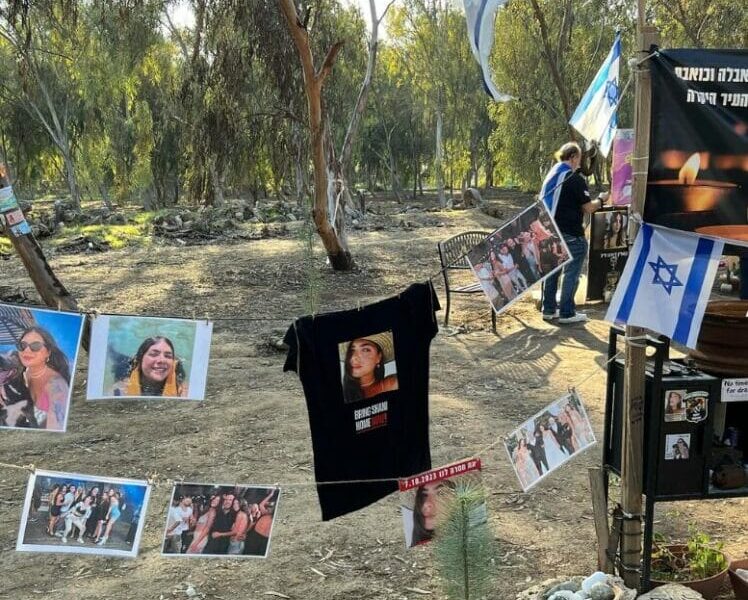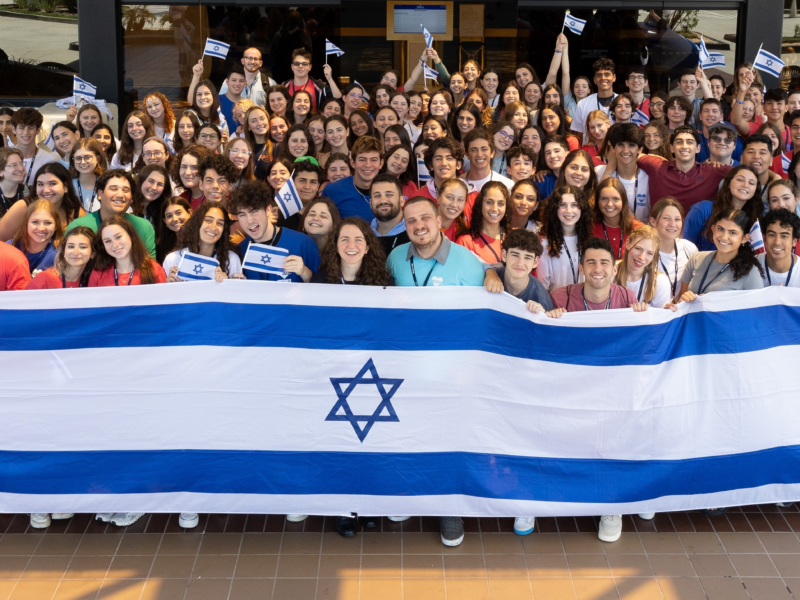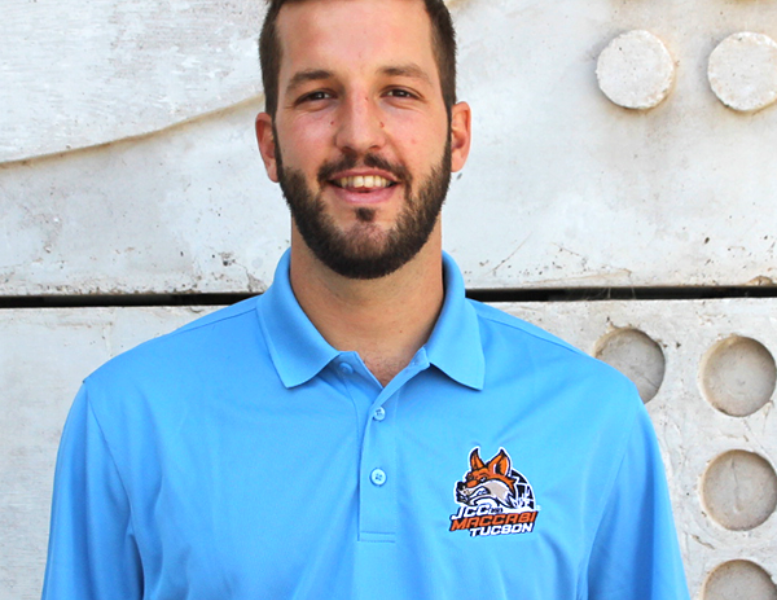September in Tucson brings many things I love: cooler temperatures permitting long walks in Sabino Canyon, intermittent rains that drench my garden and the Jewish holidays that kick off the new year. A sense of optimism, of new beginnings and opportunities, fills the air.
In stark contrast, I began September with a horrendous car accident. A guy slammed into me, totaling my car and giving me an opportunity to appreciate the safety feature of airbags fully. When the ambulance came to the scene, one look at the EMT’s face told me all I needed to know. I was one lucky gal to have walked out of that car, virtually unhurt, except for the bruising that the airbags caused.
I could have been seriously hurt, or worse. I’m not being overly dramatic or trying to gain sympathy. Just a simple matter of a few seconds, the physics of the road, the luck of the draw.
Oddly, I don’t think a lot about dying even though so much of the past almost seven years has dealt with the process of and the aftermath to the death of someone I adored, my husband of 34 years.
I don’t really think much about dying because since Ray’s death my focus has primarily been on living – with intention and a renewed commitment to stay true to my own values, seeking to discern a deeper awareness of what’s most important to me now as I craft a new life and ways of being.
But what I do think a great deal about is how precious and precarious the nature of our existence truly is. How in just a few seconds it takes as you drive through a green light listening to NPR, everything can change. Done. Over. Finished. But hardly Dayenu (enough).
Five days after Yom Kippur, we celebrate the holiday of Sukkot, which means “booths” in Hebrew. As Jews, we are commanded to dwell in the Sukkah and “take the fruit of the citron tree (etrog), the branches of date palms, twigs of a braided tree (myrtle), and willows of the brook (combined to make the lulav), and rejoice before the Lord for seven days.” (Leviticus 23:40).
Each year, we build temporary huts with only three walls, some of us decorating them with Martha Stewart flair, others just happy to hang a few papier-mâché fruits from the sechach, (the sukkah’s roof made of organic material which has been disconnected from the ground).
The sukkah does not fully protect us from the elements; it is not a permanent structure meant to shelter us from rain or winds or excessive heat. Yet in it, we create a sacred space in which to experience and celebrate the world around us.
We welcome our friends and guests into the sukkah to dine, and symbolically invite in the memories of those who have inspired us in our lives. The Zohar, the classic Jewish mystical text, references ushpizin, which is Aramaic for “guests,” a reference to the seven supernal “founding fathers” of the Jewish people. It is taught that each one comes to visit us on a separate day in the sukkah. By including our earthly friends along with the mystical references to Abraham, Isaac, Jacob, Moses, Aaron, Joseph and David, we link our past to our present as we create our future.
Sukkot is an annual reminder of the fragility of our existence; the sukkah never fully protects us from the elements nor is it intended to. Yet the holiday is referred to as Zeman Simchatenu, our time of joy. How do we understand this paradox?
The marvel of the Jewish experience is that throughout the ages, Jews have been able to countenance tremendous uncertainty while simultaneously maintaining faith and the ability to rejoice. That, in a nutshell, is what Rabbi Jonathan Sacks calls “spiritual courage of a high order.”
Faith is the courage to live with uncertainty, to dwell with vulnerability in the open huts of our existence, relying on our tradition and community to give us the shelter and fortitude we need, not just to survive, but to rejoice and evolve.
Amy Hirshberg Lederman has written more than 300 columns and essays that have been published nationwide. amyhirshberglederman.com.






